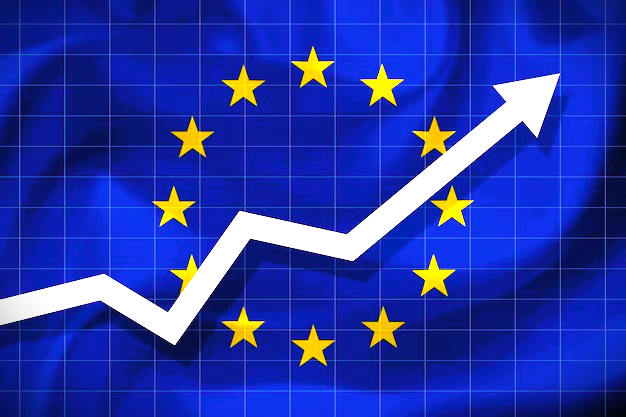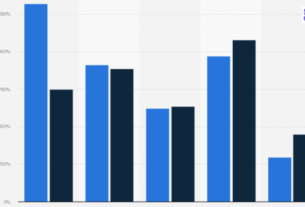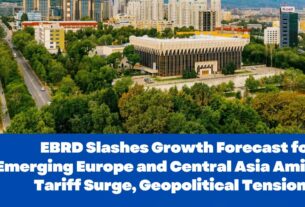For decades, Europe’s economic identity has been defined by division North vs. South, austerity vs. stimulus, orthodox vs. reform. But now, a quiet revolution is underway. A new consensus is emerging from the very heart of the establishment and it’s rewriting the rules of growth.
The unlikely alliance between Italy and Germany, once ideological opposites, is leading this transformation. At the center of this realignment stand two powerhouses: Mario Draghi, the statesman-economist and former ECB president, and Germany’s Council of Economic Experts (GCEE), the country’s revered policy advisors. Their recent pronouncements signal a seismic shift in Europe’s economic philosophy: away from stagnation, toward dynamism; away from wage suppression, toward strategic investment.
This isn’t a pivot. It’s a paradigm shift.
Goodbye Austerity, Hello Ambition
For years, the term “competitiveness” served as a smokescreen for wage cuts and austerity. That era is officially over. Draghi and the GCEE are ushering in a new economic logic, one rooted in productivity, innovation, and inclusion.
Draghi’s speech in Coimbra was nothing short of a manifesto. He blasted Europe’s dependency on U.S. demand and called out the structural weaknesses exposed by global trade fragmentation. Europe, he argues, has reached a critical turning point and it must act boldly or risk falling irreversibly behind.
The GCEE echoes this urgency. In its latest report, there’s a conspicuous silence around wage suppression, a telling omission that speaks volumes. Instead, the call is for smart, targeted investment that builds long-term growth capacity rather than masking short-term pain.
Investment: The New Currency of Power
Investment is no longer just a recommendation, it’s the foundation of Europe’s new economic order. For Draghi, this means tearing down financial and regulatory barriers between member states, unlocking common borrowing powers, and rerouting Europe’s capital exports back into its own future.
Germany’s €500 billion stimulus package is a step in the right direction but it risks being little more than window dressing if the funds don’t go to genuinely new and productive uses. The GCEE warns against fiscal shell games and demands accountability: only fresh, forward-looking investment will reignite growth.
Out with the Old, In with the Disruptors
Perhaps the most radical element of this new orthodoxy? A frontal challenge to Europe’s industrial status quo.
Gone is the instinct to protect legacy giants at all costs. Draghi is clear-eyed: Europe must stop romanticizing yesterday’s champions and start empowering tomorrow’s innovators. That means supporting startups, building digital infrastructure, and embracing a just transition that puts people not sectors at the center of policy.
The GCEE agrees, urging governments to stop propping up sunset industries and instead focus on training, upskilling, and strategic labor mobility. This isn’t abandonment, it’s evolution.
Europe’s New Playbook
This revolution in thinking is not merely academic, it’s a rallying cry for political action. Draghi and the GCEE have sketched the map. Now it’s up to Europe’s leaders to follow it.
The stakes are high. A more integrated, innovative, and investment-driven Europe could reclaim global relevance, drive sustainable growth, and restore public faith in the European project. But without bold political leadership, even the best ideas risk dying in committee rooms and budget spreadsheets.
Europe’s new orthodoxy is not about managing decline. It’s about embracing renewal.
Conclusion: A Future Worth Fighting For
Europe is not just tweaking policy, it’s undergoing an economic awakening. The old guard is fading. A new era of ambition, adaptability, and investment has begun.
This is more than a renaissance. It’s a revolution and it’s just getting started.




